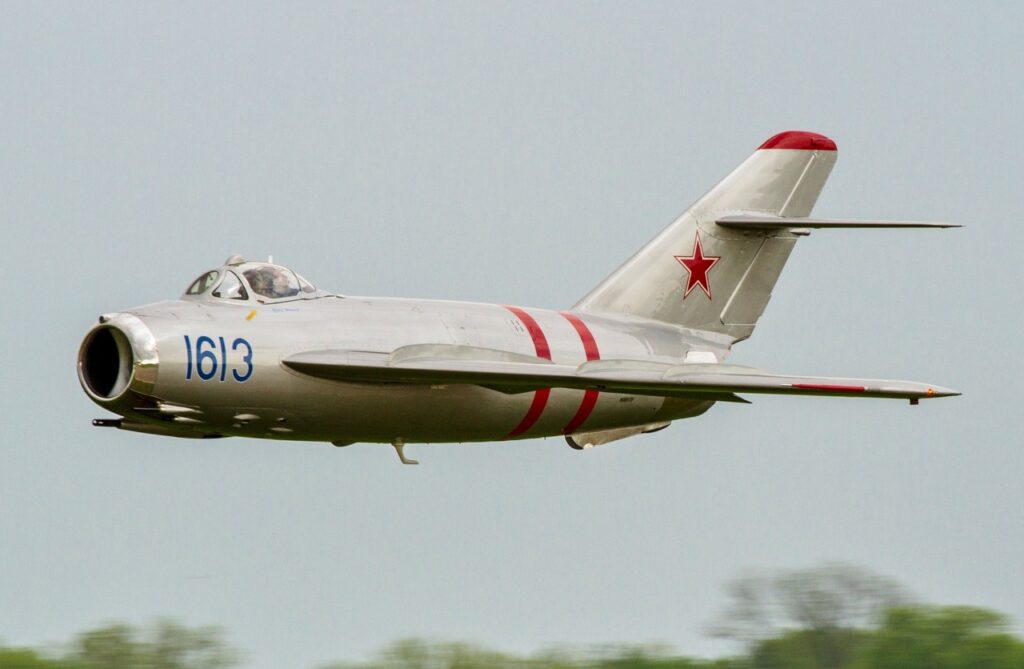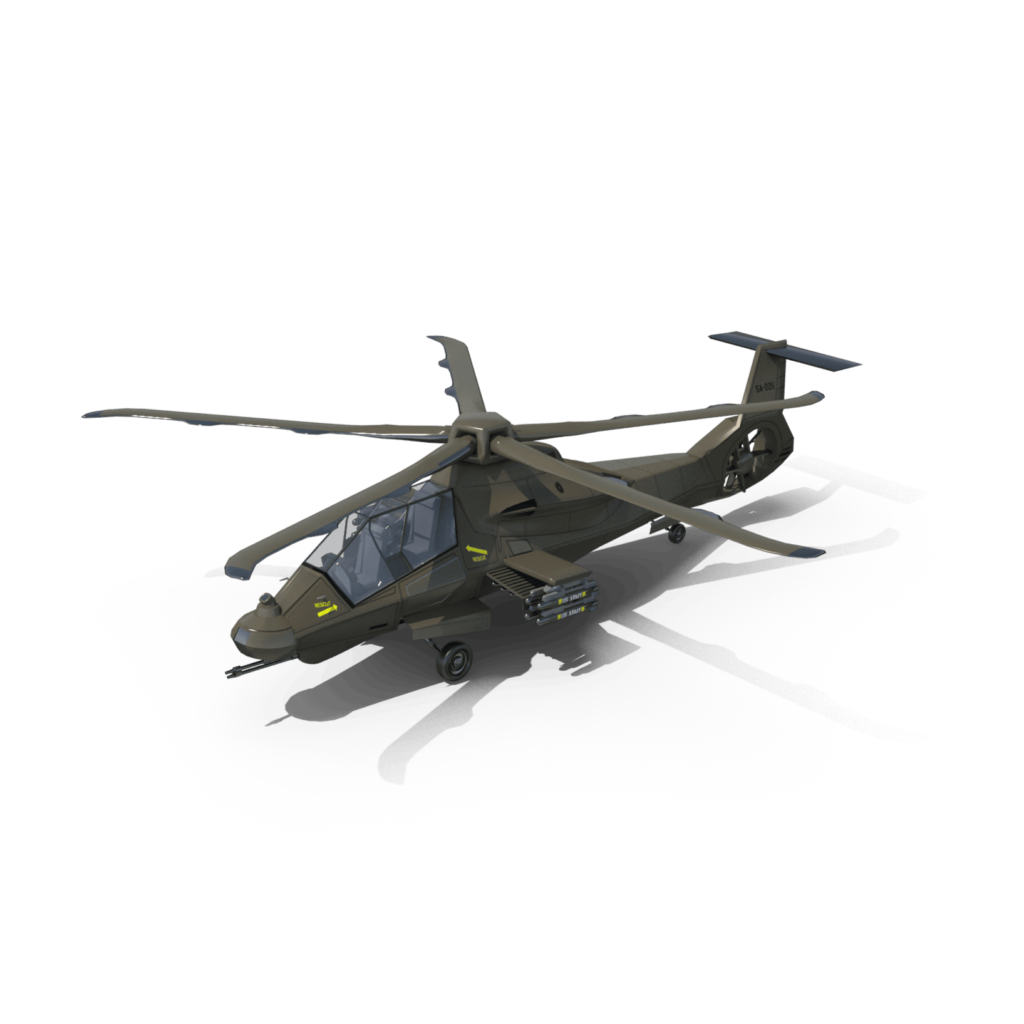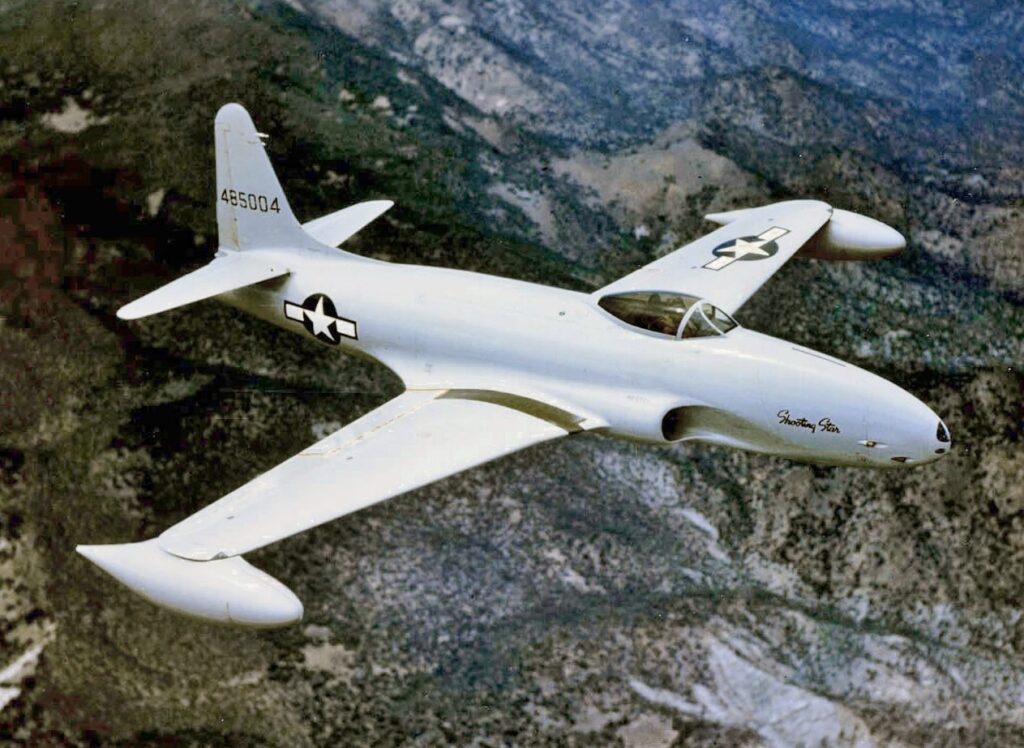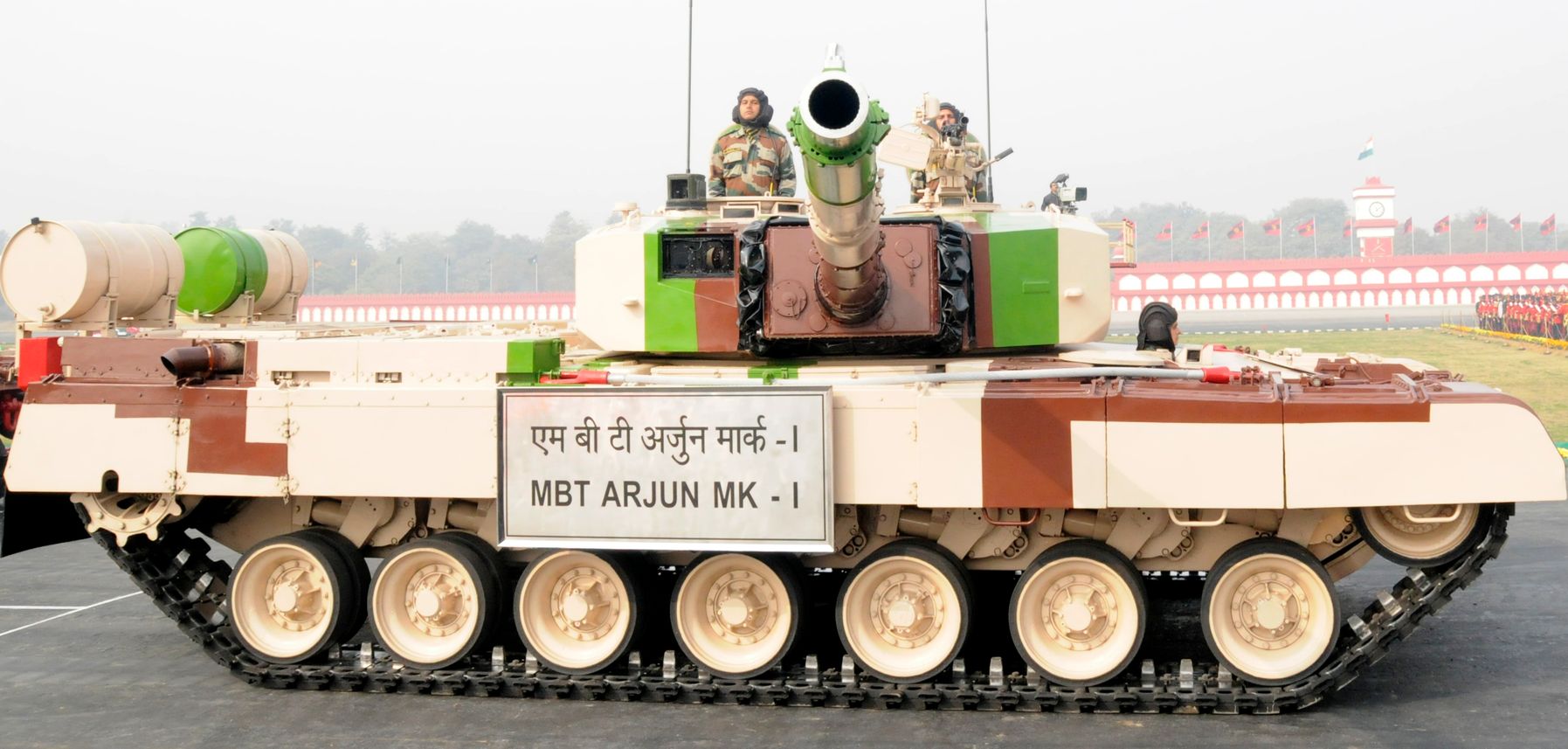
India’s Arjun Tank Might Be the Worst Ever for 1 Clear Reason
Summary: India has about 2,000 Soviet T-72 tanks and has struggled to produce a domestic model, the Arjun, due to logistical and design issues.
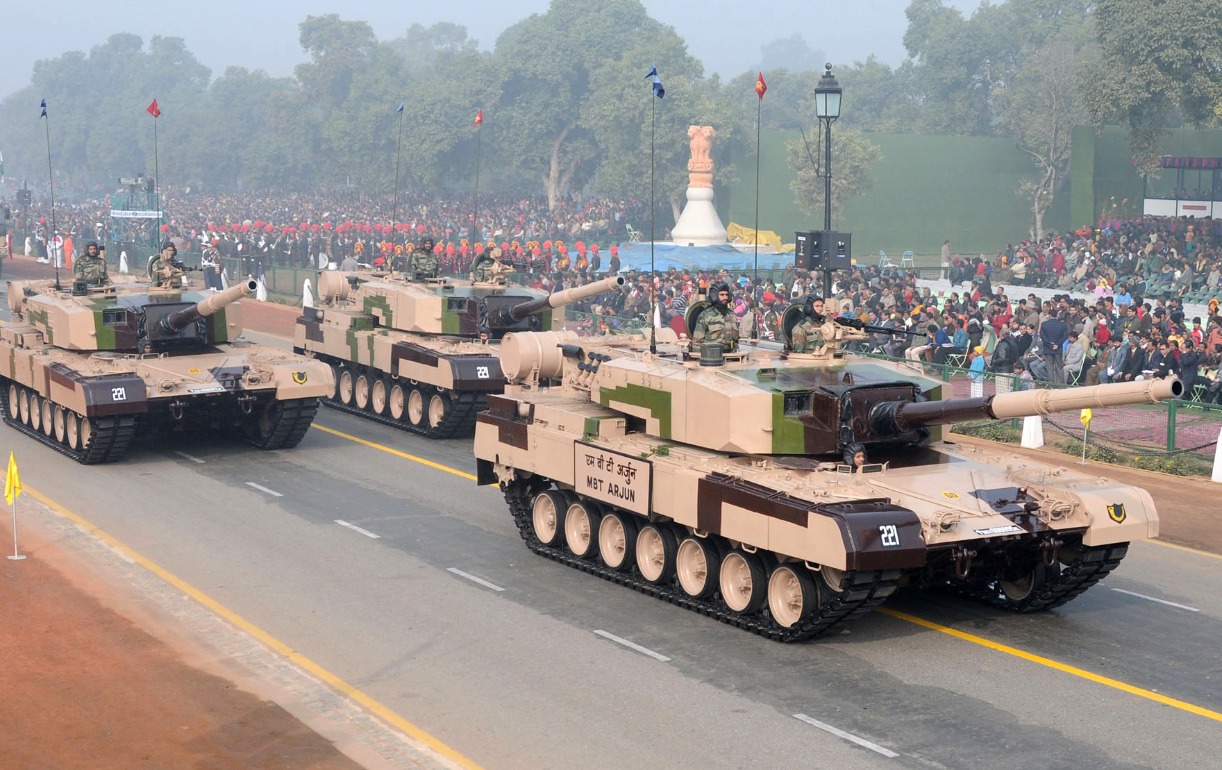
Arjun Tank Key Points and Problems
-The Arjun, developed by India’s DRDO, features advanced weaponry but has faced significant technical problems, rendering most units non-operational.
-Consequently, India has had to rely on imported Russian T-90 tanks.
-The relevance of tanks in modern warfare has been highlighted by the ongoing conflict in Ukraine, prompting India to evaluate and update its tank fleet.
Considering India’s renewed tensions against China and Pakistan, New Delhi is evaluating its military capabilities. One potential problem area is the main battle tank, where India has relied heavily upon outdated Soviet tech, while struggling to produce a domestic model, the Arjun.
Main Battle Tank Renaissance
The relevance of the main battle tank in modern warfare has been hotly debated since the Russian invasion of Ukraine commenced over two years ago. In invading Ukraine, the Russians have deployed thousands of their tanks—many of which are Soviet-era relics, which have struggled to survive against a hearty Ukrainian resistance. Ukraine, meanwhile, has relied upon shipments of Western-built tanks and armored vehicles. In effect, both sides of the conflict are relying heavily on tanks, causing nations around the world to audit their tank fleets.
The Indians, like the Russians, are dependent upon Soviet-era tank technology. India currently commands a fleet of about 2,000 Soviet T-72 tanks which were imported in the early 1980s. And while India has relied upon an aging fleet of Soviet tanks, a domestic effort has been underway, plagued with setbacks, to produce a domestic main battle tank.
“For more than five decades,” Maya Carlin wrote, “India has struggled to produce its own domestic MBT—the Arjun.” Why the delay? “Due to a series of logistical delays and design issues, the homegrown MBT continues to face extreme technical issues rendering more than three-quarters of these units completely non-operational.”
Introducing the Arjun Tank
The Arjun is a third-generation main battle tank. The Combat Vehicles Research and Development Establishment (CVRDE) of the Defence Research and Development Organization (DRDO) for the Indian Army designed the Arjun, which is named for Arjuna, the archer prince from the Indian epic poem Mahabharata.
The Arjun features an assortment of weaponry, including a 120mm rifled main gun with domestically developed armor-piercing fin-stabilized discarding-sabot ammunition; one PLT 7.62mm coaxial machine gun; and one NSVT 12.7mm machine gun. The Arjun relies upon a single MTU multi-fuel diesel engine, which can provide up to 1,400 horsepower and propel the Arjun at a maximum speed of 25 miles per hour. The Arjun is operated with a four-man crew, including a commander, gunner, loader, and driver.
When building the Arjun, India wanted the tank to feature Indian components. So, the Arjun’s developers were asked to design various parts of the tank from scratch—the hull, armor, turret, and running gear. But Indian manufacturers were simply incapable of developing such tank tech at the time, causing pronounced delays, and leading to the importation of about 25-30 percent of the Arjun’s parts.
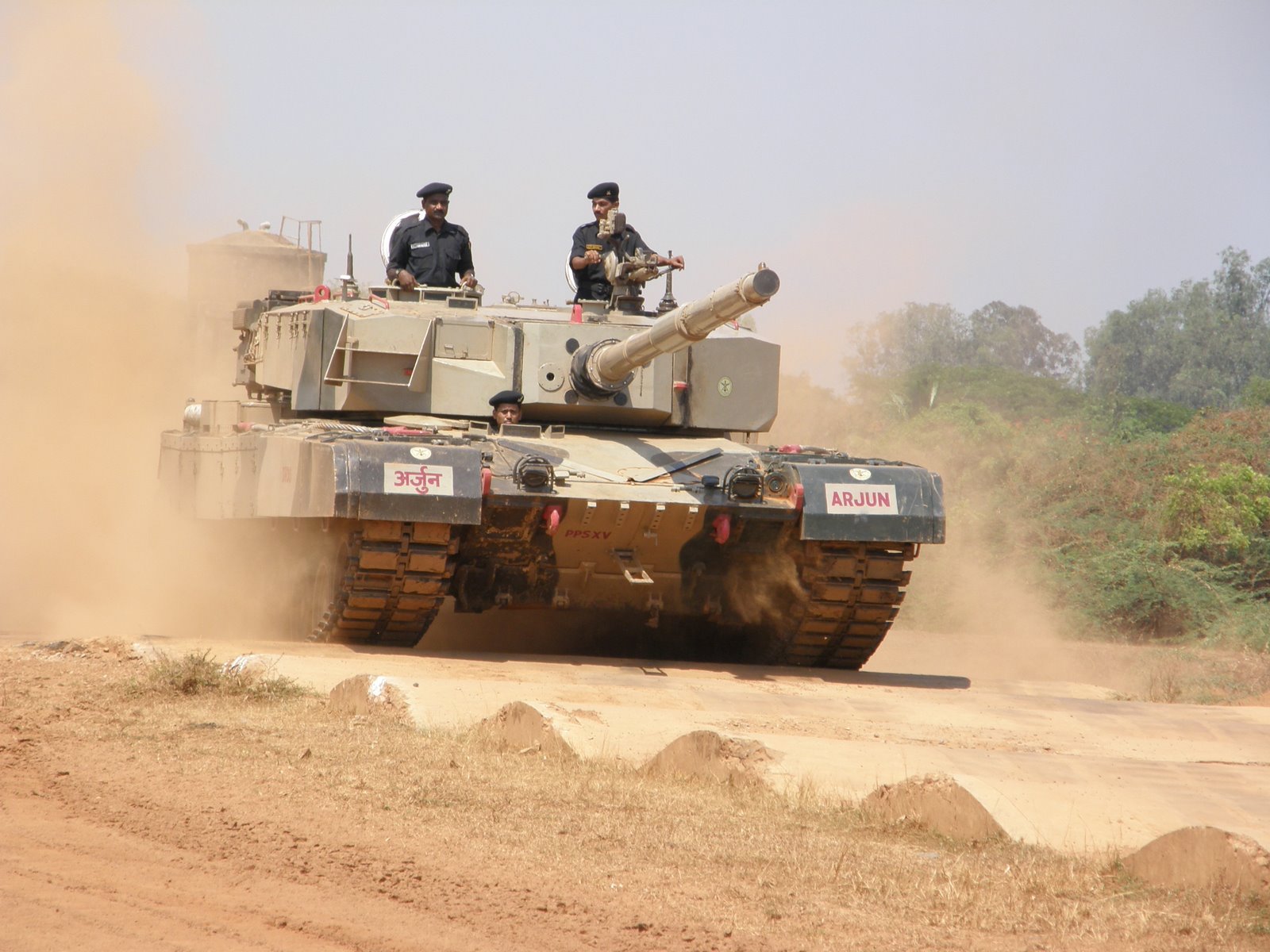
By 2009, after decades of development, the Arjun was declared “ready” for production. The Indian Army proceeded to purchase 124 Arjuns—“despite the fact that several significant technical flaws were discovered during the MBT’s testing stage.”
The purchase was a mistake. “Within six years,” the Indian Army “saw nearly 75 percent of their [Arjun] arsenal completely non-operational due to technical problems,” Carlin wrote. The mass-scale breakdown of Arjun tanks put India right back where they had started: depending upon Russia. India ordered several hundred Russian-made T-90 tanks.
About the Author: Harrison Kass
Harrison Kass is a defense and national security writer with over 1,000 total pieces on issues involving global affairs. An attorney, pilot, guitarist, and minor pro hockey player, Harrison joined the US Air Force as a Pilot Trainee but was medically discharged. Harrison holds a BA from Lake Forest College, a JD from the University of Oregon, and an MA from New York University. Harrison listens to Dokken.
Image Credit: Creative Commons.
